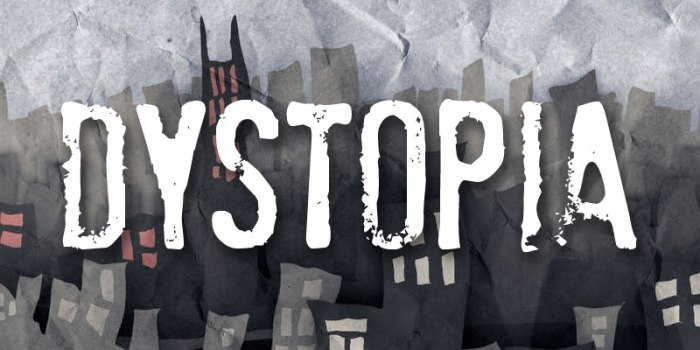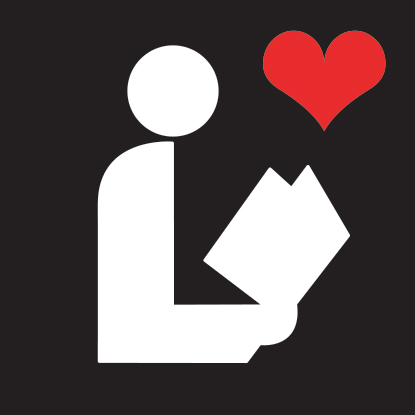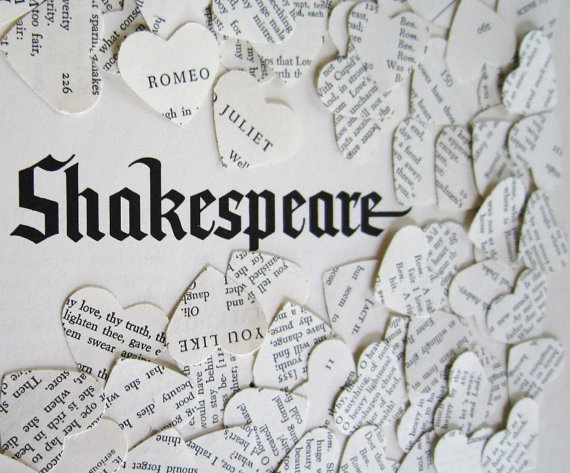I’ve shared a little bit about my life as a young bookworm, but I don’t think I’ve told y’all that reading didn’t always come naturally to me. I’m not saying this to be dramatic: I was probably one of the worst readers in my Kindergarten class. I don’t know why I had a hard time picking up reading, but I was a bit of a slow reader at first. Somewhere between Kindergarten and second grade, something changed. When I look back I can’t explain it. It was just like, suddenly, all I wanted to do was read.
I distinctly remember walking out to recess one day in the second grade. I had a book in my hand that I planned to use to help pass the tedious hour in some shadowy corner. My first grader teacher noticed the book and came up to ask me how I was doing in reading.
Proudly, I told her that I was doing great. I loved to read. I loved it so much, I even read when I wasn’t supposed to read…even during class. That probably wasn’t the best thing to tell a teacher. She was bound by the “teacher code” to give me a stern talking to, but I think she was suppressing a smile.
Third grade was when I started giving my teachers a hard time about restricting my library privileges. I did not like being told that I couldn’t check out a book because it had an upper level sticker on the spine. That was also the year that I discovered Harry Potter. I had no trouble finishing those books in a week and taking the mandatory reading test.
The school library was quickly growing smaller and smaller in my mind. Que the public library! It was a world filled with wondrous stories and new worlds to explore. I think I nearly floated off the ground when I was handed my first library card. It took me some time to learn that I could also look for books online. I was bored one day, so I decided that I would practice my computer and internet skills. But what should I look up? With a shrug, I typed in “books.com” and – pow – I discovered Barnes & Noble. It was heaven!
My early reading days were filled with many wonderful discoveries – book stores, high library shelves, stories filled with dragon and wands and magical lamps! *Sigh* Those were the days.
By the time I was in 5th grade, I was a mini book worm. I would have been my father…you know if I like reading mystery novels, and if I was a guy, and if I was a father…Okay, that took a weird turn. You get the idea!
I completed every extra credit reading project. I got 100% on all state reading tests. I was allowed free access to peruse every corner of the school library. I was spending as much time in the public library as possible. I was sleeping next to a large stack of books. And I was writing my own short stories.
Still, nothing could compare to the excitement I felt about going to middle school. No grade stickers on books and freedom to read while walking down the hallway. Score!
So what happened in those early years that turned me into such a bibliophile? Well on some level, I think God just created me this way. My wild imagination can only be tamed within the pages of a book. My teachers also deserve some credit, especially the two that I call parents. I’m so thankful that I got the opportunity to grow up in a world full of books. I don’t want to even think who I would be without them.
So…what’s your story?


